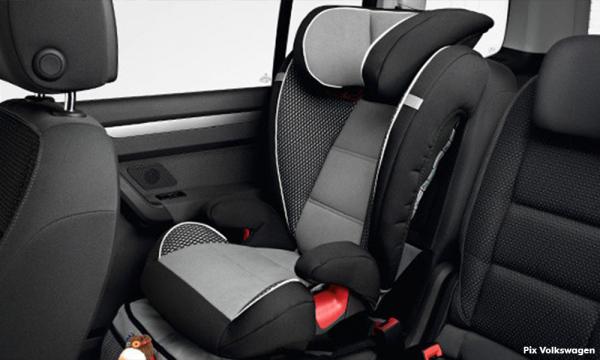The Federation of Malaysian Consumers Associations (Fomca) and Child Passenger Safety Malaysia (CPSM) want the recently launched child restraint system guidelines by the Malaysian Institute of Road Safety Research (Miros) to be reviewed to avoid confusion among consumers.
In a joint statement today, both non-governmental organisations (NGOs) said the guidelines indicated that the Miros QR code would be present in approved seats sold in Malaysia.
"However, upon clarification by Fomca with the Road Transport Department (JPJ), it was found that a component type approval (CTA) by JPJ is enough to show that a safety seat is approved as per safety standard. This leads to the question of the necessity of the QR code," the statement said.
They also said there were no known safety seats sold in Malaysia currently that come with the QR code, and this caused parents to hesitate on buying safety seats for their children.
The child restraint system guidelines called Buku Garis Panduan Kerusi Keselamatan Kanak-kanak di Malaysia was launched on Nov 23, regarding the use of child restraint systems that would be mandatory starting from Jan 1, 2020.
Both NGOs were of the opinion that it was a counterintuitive measure to introduce the QR code now when Malaysia was still at its early stage of introducing this new law and promoting the use of child safety seats.
The statement also said the guidelines deemed as misleading as it did not portray the views from stakeholders, including independent bodies as well as the consumers.
"Miros as a research body is not a certifying body. I hope Standards Malaysia would intervene in this issue as they are the national accreditation body," it said.
It added that the JPJ and the Transport Ministry should be the responsible bodies to endorse and make any guidelines and official announcement related to child safety seat.
"They should also publish the list of approved brands and models that succeeded in getting the JPJ's CTA thus meet with the required safety standards on their respective websites," it added.
Both NGOs also voiced concern on Miros's collaboration with an international e-commerce company regarding car seat assurance programme that was seen to be violating the Competition Act 2010 as it breached the consumers' rights as well as restricting the market. - Bernama


